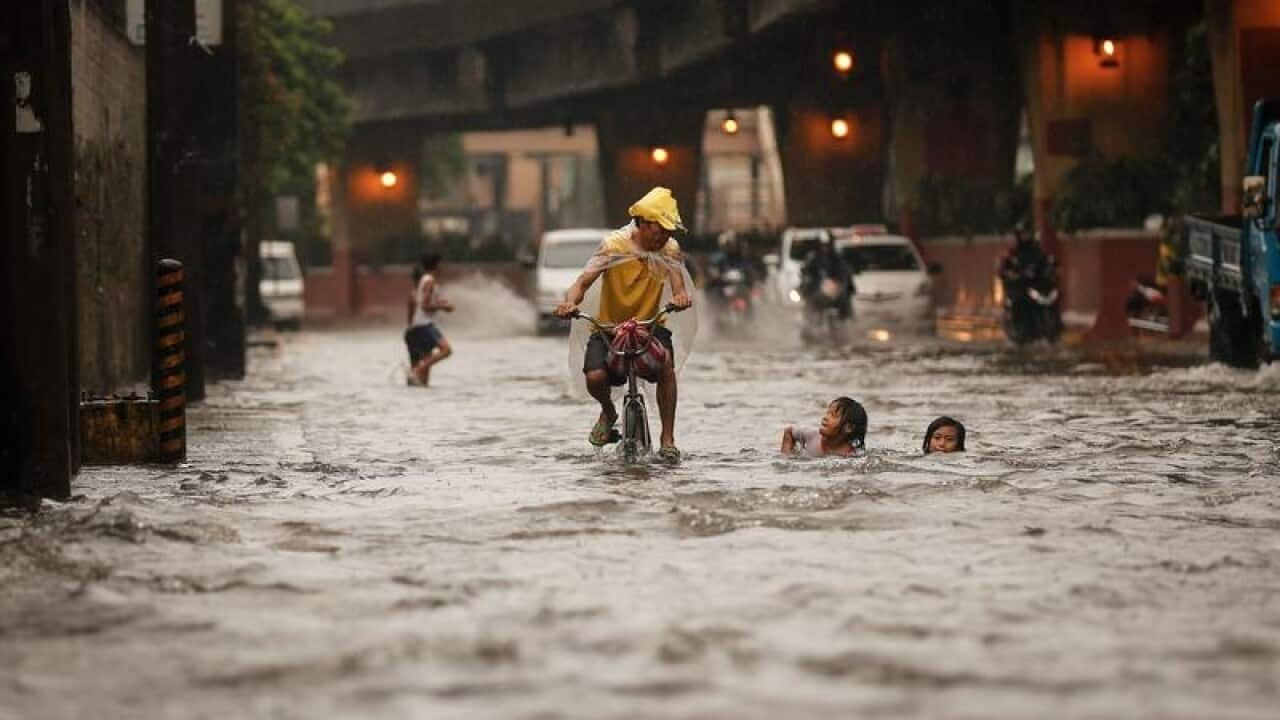Climate change will bring soaring temperatures, more intense storms, erratic rainfall, plummeting crop yields and a collapse of coral reefs to the Asia-Pacific unless countries fully implement their commitments under the Paris climate pact, scientists say, calling the challenges "unprecedented".
The region's future growth and security - as well as the welfare of hundreds of millions of people - are at stake, says a new report by the Asian Development Bank (ADB) and the Potsdam Institute for Climate Impact Research (PIK).
"Countries in Asia and the Pacific are at the highest risk of plummeting into deeper poverty - and disaster - if (climate change) mitigation and adaptation efforts are not quickly and strongly implemented," said Bambang Susantono, the ADB's vice-president for sustainable development, on Friday.
The 2015 Paris Agreement, which came into force last November, pledges to limit the rise in average global temperatures to 1.5C to 2C above pre-industrial times.
Early and aggressive measures are needed to achieve that goal, the report says.
If the world continues to emit planet-warming greenhouse gases as now, global mean temperature would increase by over 4C by the end of the century, with parts of the Asia-Pacific seeing a rise of 6C, it says.
Tajikistan, Afghanistan, Pakistan and northwestern China could experience even hotter climates, with temperatures rising 8C.
This would bring drastic changes in the region's weather, biodiversity, agriculture and fisheries, and drive migration as some parts become less habitable, said the report.
"Such a scenario may even pose an existential threat to some countries in the region, and crush any hope of achieving sustainable and inclusive development," the ADB said in a statement.
The Asia-Pacific is home to two-thirds of the world's population and nine out of 15 countries listed as most vulnerable to natural hazards globally.
Millions of people in South Asia are already affected by rising temperatures , and despite impressive economic growth, United Nations' figures show one in 10 Asians still live in extreme poverty.









